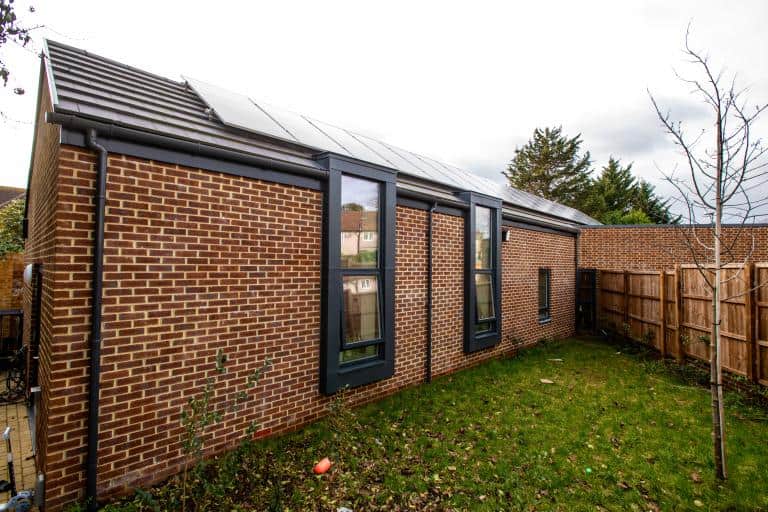The Royal Borough of Greenwich has agreed a new council plan which means that disabled residents will be to get support to make their homes safer and easier to live in.
Importantly, the plan includes a discretionary £25,000 grant to top-up any work needed to adapt a home for residents with higher needs. This would be in addition to the maximum amount of £30,000 available from the Disabled Facilities Grant (DFG).
On 9 July, the council’s cabinet agreed to a new Housing Assistance Policy, meaning improved grants and loans will be available for home adaptations for residents, whether they privately rent, are a housing association tenant, or own their own homes.
Changes include support to prevent falls and improve day-to-day independence, helping more people stay in their homes for longer.
Councillor Pat Slattery, Royal Borough of Greenwich Cabinet Member for Housing Management, Neighbourhoods and Homelessness, said: “Our improved Housing Assistance Policy provides more flexibility, reduces bureaucracy and reflects the increases in costs needed to help people with disabilities live safely at home.
“We want our residents who need that extra bit of support to be able to live safely and securely in their own homes if they wish too, and this revised policy will help many more residents to be able to do this.”
The new policy sets out a range of discretionary support funded by the DFG.
Alongside the £25,000 top-up adaptations grant, other measures include grants to install hoists to enable safe transfers for disabled people and their carers, reducing the risk of injury, and up to £3,500 (increased from £1,000) to support small home adaptations that can prevent falls leading to hospital admission.
In addition, the policy includes a new non-means tested grant of up to £1,000 to provide minor adaptations to help people with cognitive or sensory impairment and increased support for people with an assessed financial contribution towards the cost of DFG-funded work.
Moreover, the council is providing a discretionary £30,000 interest-free loan or equity mortgage for any work needed over £55,000 to adapt the homes of owner occupiers (secured against the residents’ property); a new non-means tested grant of up to £15,000 to provide non-permanent installations to support residents at the end of their life who wish to remain or return home; and targeted support for private landlords to encourage them to provide homes or to continue to provide homes for disabled individuals.
Recent analysis from the Centre for Ageing Better revealed that just 13 percent of homes in England have all four accessibility features that mean they can be visited by someone with access needs, with substantial variation across different regions.
The post Council agrees discretionary £25k grant for adaptations for residents with higher needs on top of DFG funding appeared first on AT Today – Assistive Technology.

